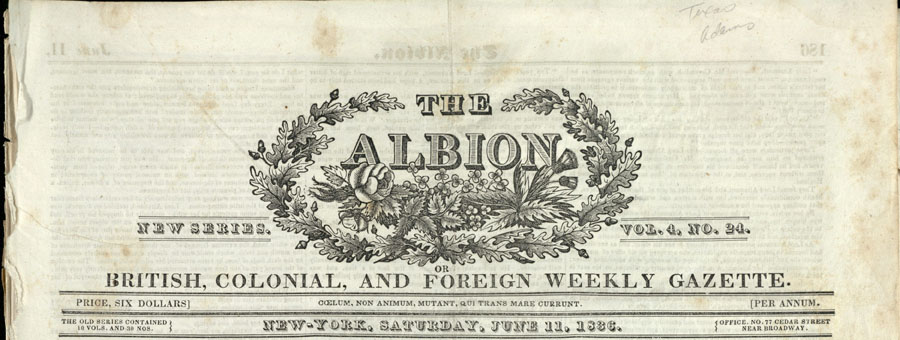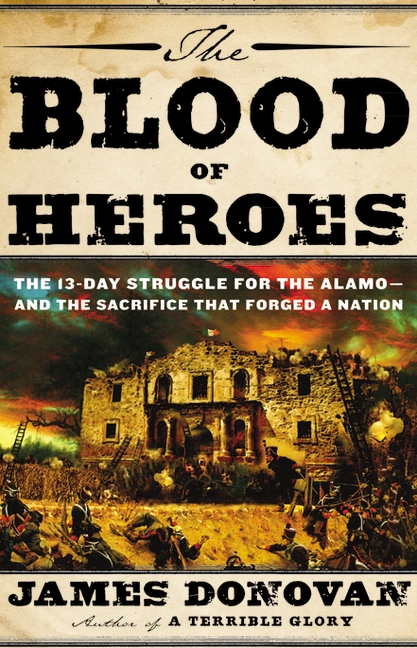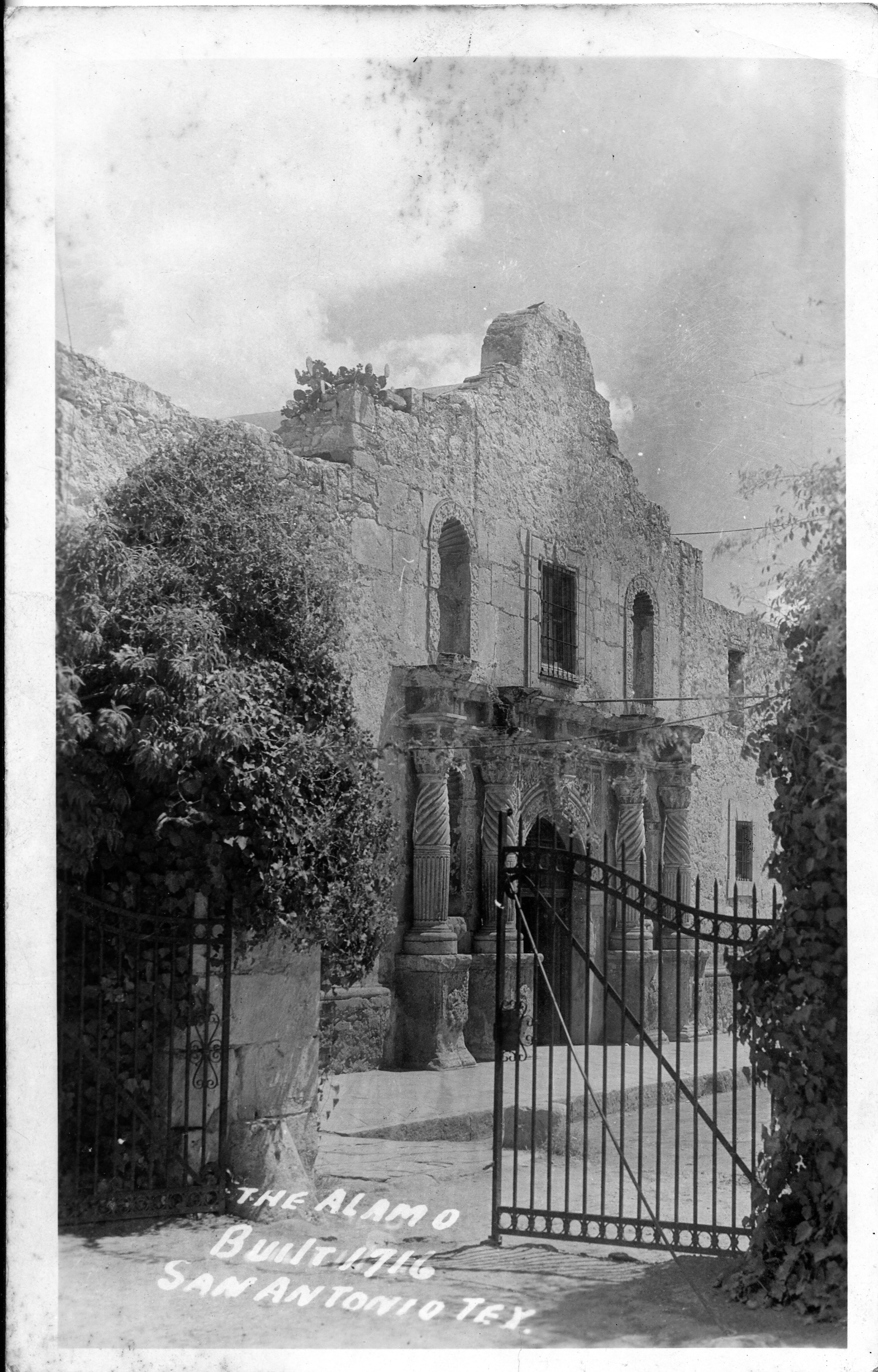Each month, we post a processing update to notify our readers about the latest collections that have finding aids online and are primed for research. Here’s the scoop for July:

- [Waco] Branch Davidians: Bill Pitts papers, 1963-2001, undated: This collection contains materials produced and collected by Bill Pitts, a professor in the Religion Department at Baylor University. The materials primarily cover the Branch Davidians siege of 1993.
- Benjamin Edwards Green papers, 1840-1865: Green’s papers consist of a postcard, pamphlets, written notes, an unpublished manuscript and other chapter fragments. Among other roles, Green was a lawyer, served as an American diplomat at the Mexican capitol in the early 1840s, and was a secret agent in the West Indies.
- James Weldon Jones papers, 1917-1919, circa 2010: This collection contains a series of letters sent from Alexander “Tip” Jones to his son, James Weldon Jones, while the latter was serving in the United States Army during World War I.
- Vivienne Malone-Mayes papers. Inclusive: 1966-1977, undated: Malone-Mayes’ papers consists of correspondence, minutes, reports and other records related to her terms as a member and Chairperson of the Board of Trustees for the Heart of Texas Region Mental Health Mental Retardation Center in Waco, Texas. The collection also contains personal materials and coursework Dr. Malone-Mayes assigned in her mathematics courses at Baylor University. She was Baylor’s first black faculty member.

- Irwin Green and Lillie Worley McGee papers, 1893-1899, undated: The McGee papers consist of notes, assignments, and exams produced by Irwin Green and Lillie Worley while attending Baylor in the 1890s, providing insight into Baylor’s curriculum during this period.
- Walter Hale McKenzie papers, 1926-1952: The McKenzie papers contain correspondence and board and committee minutes illustrating McKenzie’s relations to prominent Baptists J.G. Hardin, George W. Truett, Pat Neff, and others, and his service to Baylor University, Baylor College for Women, and the Baptist General Convention of Texas.
- Wellington-Stoner-McLean family collection, 1833-2007, undated: This collection consists of family documents collected by Margaret Stoner McLean. The collection includes correspondence and postcards, photographs, financial documents, books, personal ledgers, and publications about the family and the Stoner ranch.












